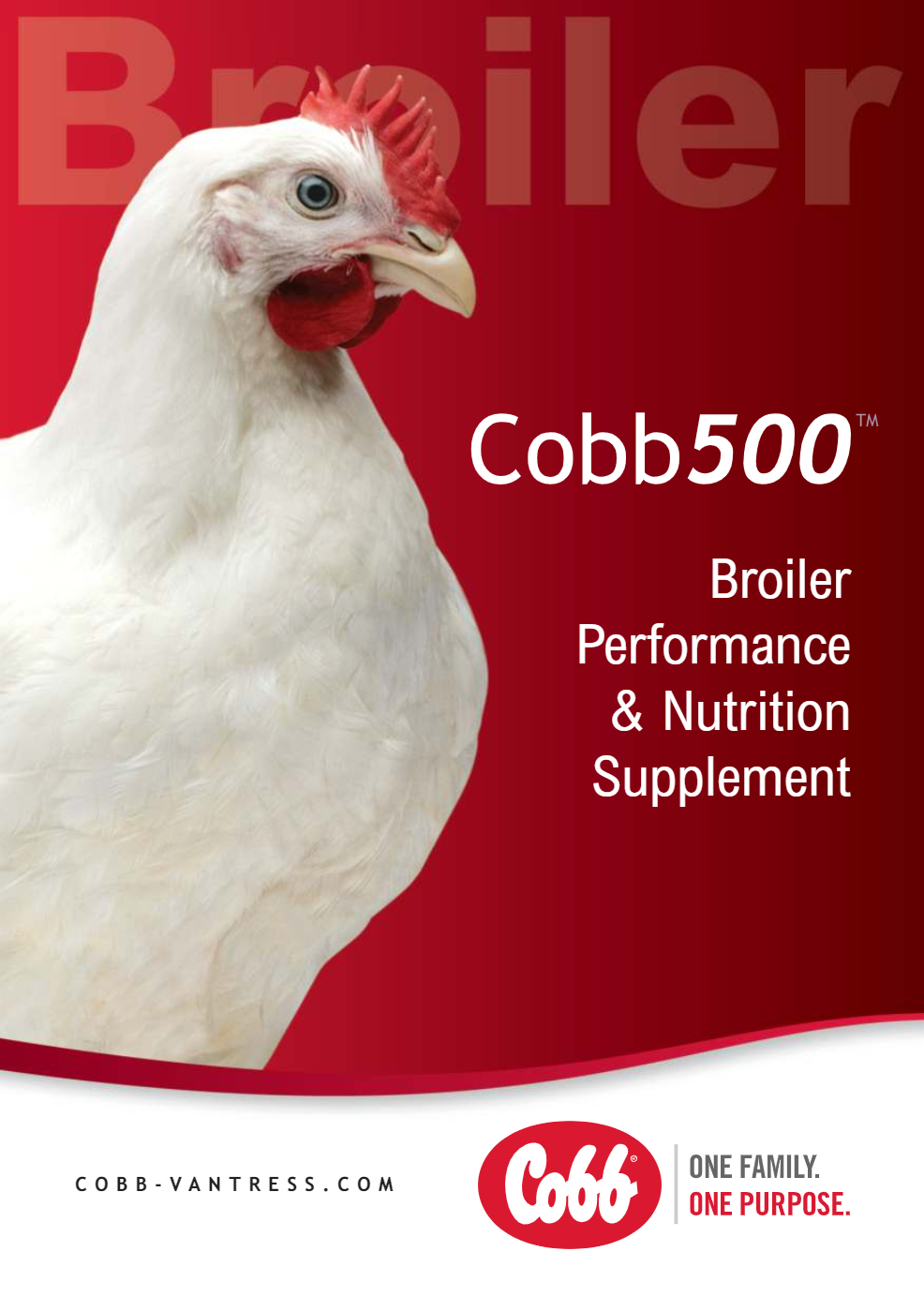| Day | Type of vaccine | mode of administration |
| 6 | NCD/IB | Eye/drinking water |
| 12 | Gumboro | Drinking water |
| 18 | Gumboro | Drinking water |
| 21 | Newcastle | Drinking water |
| BROILER VACCINATION |
The broiler is a breed that grows very fast and matures within 4 and 6 weeks of age. Broiler birds are kept for meat.
Housing
Ensure the house for broilers is spacious, well-ventilated, well-lit, and free draining. The house should be sited in a strategic place where it’s accessible from all parts of the farm. The area should be fenced to keep away the predators such as the mongoose.
Brooder and brooder management
- Clean the house before bringing in the new flock, and clean the roof, walls, and floor.
- Clean and disinfect the feeding and watering equipment thoroughly to avoid re-contamination.
- Remove all old litter from the house as it might harbor pests and disease pathogens.
- Remove all feed from the troughs and water from the watering troughs to avoid contamination.
- Provide a brooding heat. light bulbs or charcoal Jiko can be used
- Regulate the temperature within the brooder by installing a minimum-maximum thermometer at the height of the chicks to monitor the temperature within the house and at the chicks’ level.
Feeding
For one-day-old chicks spread clean feeds on the newspaper before the chicks learn to feed on the troughs. Feed the chicks with starter mash/chick mash for the first 3 weeks then introduce broilers mash in the 3rd week. The introduction of broiler mash should be done gradually to avoid stressing the birds. Stressed birds have retarded growth and they may not acquire the right weight at the right time.
| Days | Feed type |
| 1 -21days | Broiler starter/crumbs |
| Day 21-slaughter | Broiler finisher/pellets |
Types of equipment provided should be easily accessible without feed wastage through spillage and contamination. Provide adequate feeder space as recommended below for the proper growth of the birds.
| Age | Feeder type | Spacing |
| 1-10 days | Chick trays | 50 chicks per feeder |
| 10-21 days | Chick feeders | 50 chicks per feeder |
| 21 days-slaughter | Tube feeders | 50 chicks per feeder |
Normally birds will consume 4 to 5kg per bird to reach slaughter weight in 4-6 weeks. Slaughter weight is normally 1.5-2kg Life Weight (depending on your market). Farmers should check feed loss in the litter by using proper feeders and filling feeders properly.
Watering
Provide clean water all the time; avoid dirty water as this predisposes the birds to infections. In case of gastro infection, the birds should be provided with the next vitamins that contain elements that have cleansing effects.
| Age | Water trough type | Spacing |
| 1-21 days | Chick drinkers | 80 chicks per drinker |
| 21days to slaughter | Adult manual drinkers | 50 birds per drinker |
| Automatic drinkers | 80-100 birds per drinker | |
| Nipple drinkers | 8-10 birds per nipple |
Parasite control
Fleas attack the birds, majorly found on the wattles around the head region, and lice are found in the body under the feathers. The bird’s house should be dusted using suitable chemicals such as Selvin.
Parasite control is important since their injury to the skin predisposes the birds to secondary infections.
Deworming: De-worm the birds two weeks time after they are introduced into the brooder. The medicine should be dissolved in clean water and presented to the birds.
Disease management
- Disease management in birds is a key aspect to poultry farmers either for commercial or small-scale farming
- It’s advisable to follow the vaccination program to avoid total loss as some diseases are fatal and can cause a total loss. Ensure the route of vaccine administration is correct and should be done by a trained person.
Stress management
- Stress in birds is caused by several factors eg lack of feed, water, high or low temperatures, overcrowding, etc.
- Provide enough feed for the birds, provide water all the time, regulate the temperature in the bird’s houses, and avoid overcrowding.
Vices management
Vice is an abnormal behavior exhibited by a few birds within a given flock. The major vice in broilers is cannibalism where some birds peck on others
Cannibalism is caused by factors such as overcrowding, feed stress, keeping birds of different ages together, idleness, and bright light in the bird’s house. Can be controlled by avoiding overcrowding of birds, providing enough feeds, keeping birds of the same age together, hanging vegetables in the house to keep the birds busy, spreading grains on the floor, culling perpetual cannibals, avoiding bright light in the poultry house-should be dim (bright light makes the bird's toe to shine, looking like grains and the birds start pecking-in the process some birds become cannibals)
